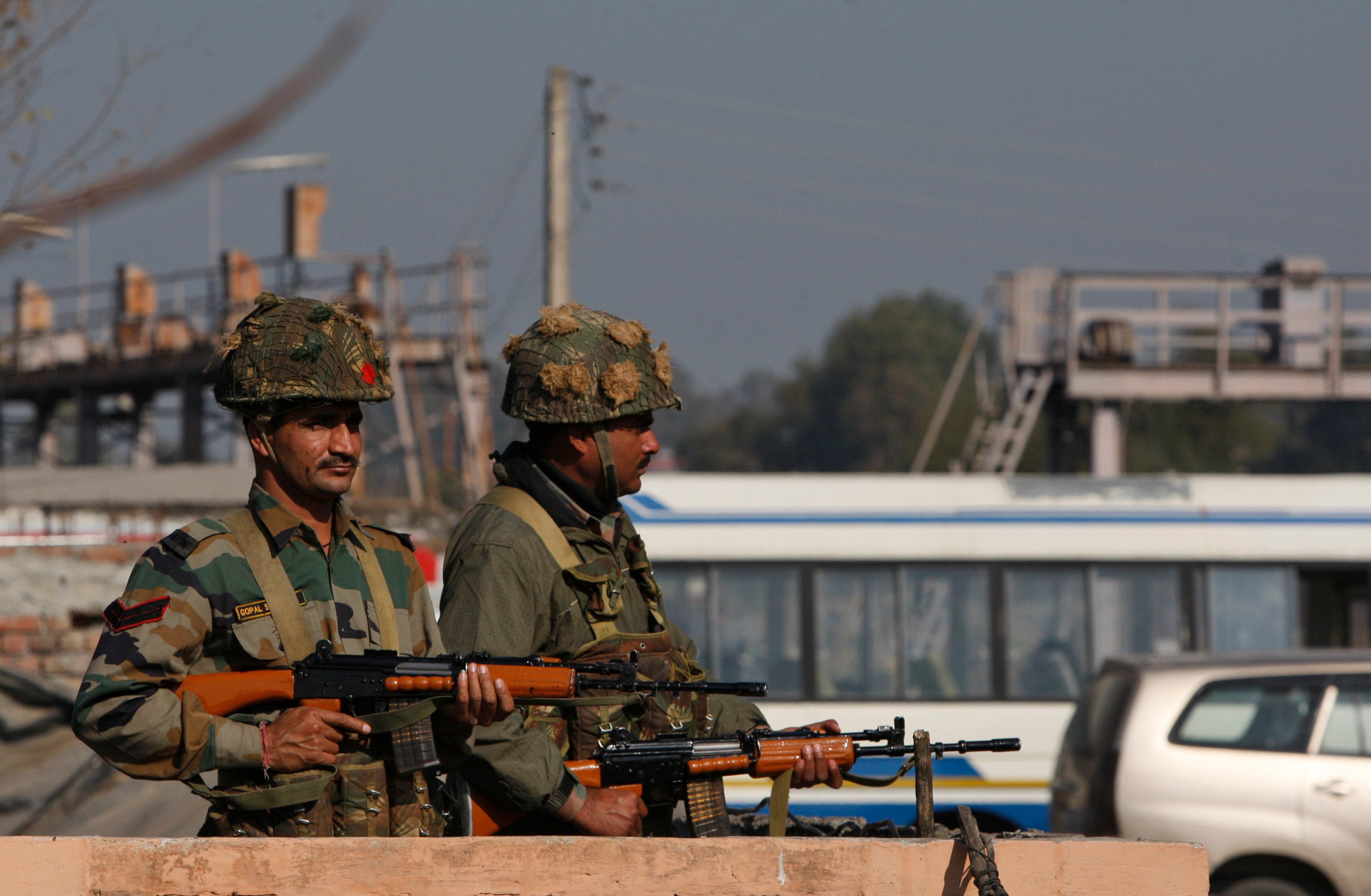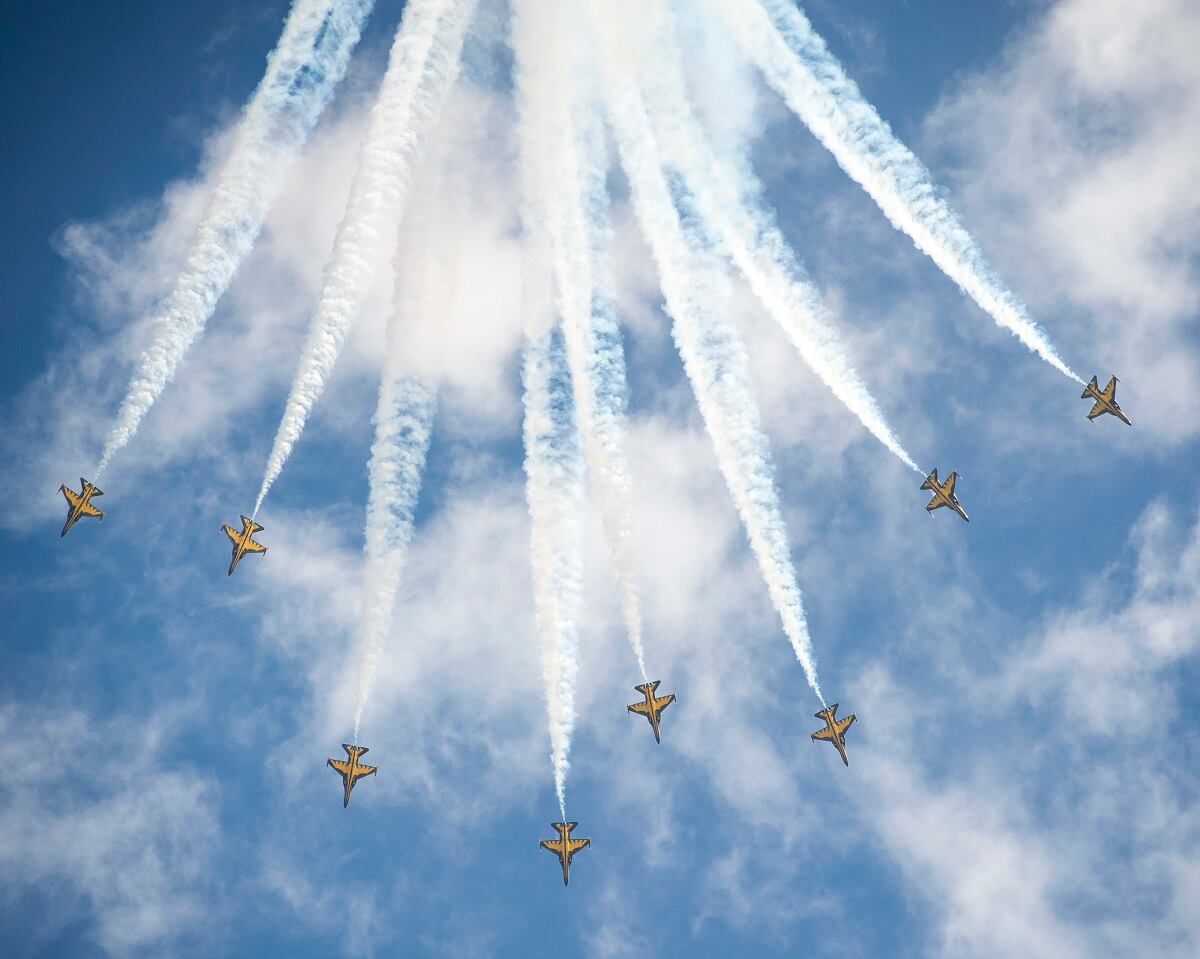NEW DELHI — India’s Ministry of Defence has created a categorization for defense companies caught up or alleged to be involved in corrupt practices.
Under the new organization approach, defense companies caught using corrupt practices to influence contracts are now put under debarred, suspended and restricted-procurement categories.
What does this change mean?
Debarred companies — those who have previously been found corrupt — will be unable to do business in India. Suspended firms include those caught up in is an ongoing inquiry. And restricted-procurement firms are those whose credentials have suffered due to allegations of corruption, but the systems and equipment provided is essential to sustain combat readiness of the armed forces.
RELATED

Since 2012, overseas defense companies — Singapore Technologies Kinetics; Israel Military Industries; Rheinmetall Air Defence of Zurich, Switzerland; and Corporation Defense of Russia — and domestic private companies — T S Kisan & Company; and R. K. Machine Tools — have been banned from carrying out business deals in India until 2024.
Amit Cowshish, a former financial adviser on defense acquistion for the MoD, has doubts about the impact of the new categorization.
“This is just a list of companies which have been debarred/suspended, etc. As I see it, the list is meant to sensitize the procurement personnel about these companies. Apparently, the companies have been classified as per the guidelines issued earlier. It is not a policy letter. So it does not change anything in so far as the policy on debarment, suspension of business or restricted dealings with companies facing ... inquiry is concerned,” he said.
In November 2016, the MoD released its modified blacklisting policy, ”Guidelines of the Ministry of Defense for Penalties in Business Dealings with Entities,” meant to ensure scrutiny and transparency of defense deals.
Under these guidelines, past and current blacklisting cases, in which investigations are being carried out, will be examined and a new graded system of penalties will be determined.
“The current letter appears to be superseding the previous policy, which was not pursued to the logical conclusion and remains in a limbo,” said Rahul Bhonsle, a defense analyst and retired Indian Army brigadier.
Who is affected?
The MoD has placed Denel of South Africa, Leonardo of Italy and the latter’s U.K.-based subsidiary AgustaWestland under its suspended category.
In addition, Rolls-Royce of the U.K., Tatra Trucks of the Czech Republic, and Israeli defense companies Rafael Advanced Defense Systems and Israel Aerospace Industries have been placed under the restricted-procurements category.
However, they are permitted to carry out business dealings on account of operational urgency, national security and the lack of alternatives.
RELATED

The MoD has suspended several companies on account of ongoing investigations into corruption. They include IDS Tunisia, Infotech Design Systems Mauritius, IDS Infotech Mohali, Aeromatrix Info Solution Private Limited (Chandigarh), Shanx Oceaneering Private Limited, Interspiro (India) Private Limited, Expert Systems, Unitech Enterprises, Kelvin Engineering, Atlas Group and Offset India Solutions.
What has been the reaction?
“MoD should enforce one-time severe penalty on companies found in corruption practice,” said a CEO of a foreign defense company, who spoke on condition of anonymity. The executive added that debarring overseas defense firms will “limit acquisition of high-tech weapon systems to be used by Indian armed forces.”
The Indian government can suspend or ban business dealings with an overseas company if it violates a precontract integrity pact entered with the MoD at the time of signing the defense contract.
The government can also suspend or ban a company if it uses corrupt practices or unfair means to secure a bid or contract, of if it violates a standard clause relating to the use of defense agents, who are not permitted in India. The government can also take action in the interest of national security or if an overseas defense company does not meet contractual expectations.
Bhonsle, the retired Army officer, said the process is likely to lead to defensive actions by companies and decision-makers within the MoD, leading to delays in armament procurement.
Vivek Raghuvanshi is the India correspondent for Defense News.








